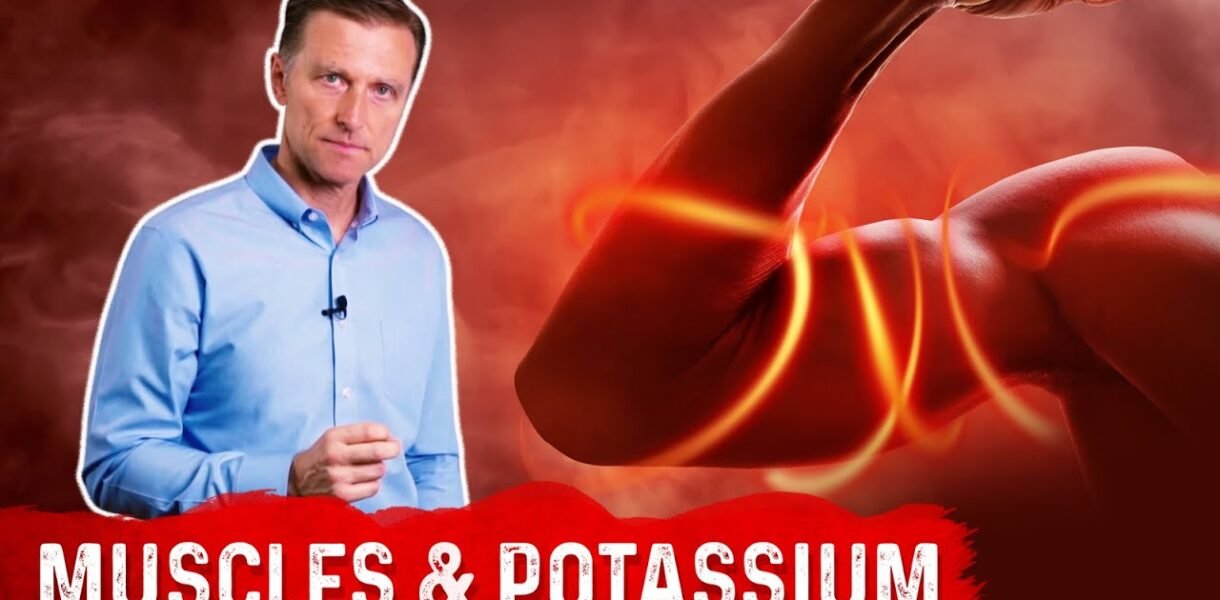Table of Contents
Discover why Why Your Muscles Need Most of Your Potassium. Learn how this essential mineral supports muscle function, prevents cramps, and enhances physical performance.
Potassium is a vital mineral that plays a crucial role in maintaining the health and functionality of your muscles. In fact, your muscles require the majority of the potassium in your body to function optimally. This essential nutrient is involved in muscle contraction, relaxation, and the transmission of nerve impulses, making it indispensable for physical performance and overall well-being. In this article, we will explore why your muscles need most of your potassium, the consequences of low potassium levels, and how to ensure you are getting enough of this important mineral through your diet. Understanding the significance of potassium can help you enhance your muscle health, improve your endurance, and maintain a balanced and healthy lifestyle.
Your muscles and potassium
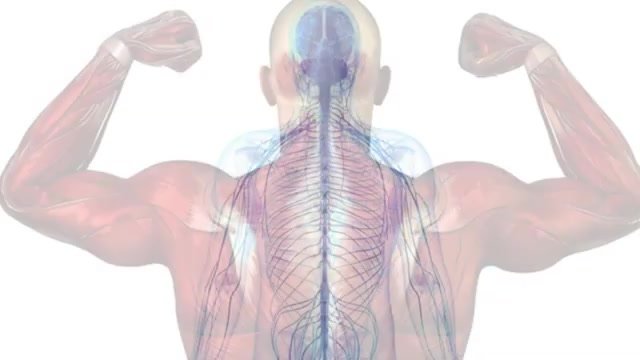
So today we’re gonna talk about why your muscles need most of your potassium .
Now what’s very unique about potassium is that it’s 1 mineral that we need a tremendous amount of .
We need 47 100 milligrams .
And out of all the tissues in the body , 80% is needed by your muscles mainly .
| Category | Details |
|---|---|
| Importance of Potassium for Muscles | Potassium is crucial for muscle function because it helps prevent cramps, supports muscle contractions, and maintains proper nerve function. It also helps in muscle recovery and reduces muscle fatigue. |
| Role in Muscle Contraction | Potassium is essential for muscle contraction. It works with sodium to create electrical impulses that trigger muscle contractions. |
| Prevention of Muscle Cramps | Adequate potassium levels prevent muscle cramps by ensuring proper hydration and electrolyte balance. |
| Athletic Performance | Athletes need higher potassium intake to compensate for the loss through sweat during intense physical activity. Sufficient potassium levels enhance performance and recovery. |
| Daily Potassium Requirement | The average adult needs about 2,500-3,000 mg of potassium daily. Athletes and active individuals may need more. |
| Signs of Potassium Deficiency | Symptoms of low potassium include muscle weakness, cramps, fatigue, and irregular heartbeats. Severe deficiency can lead to more serious health issues. |
| High Potassium Foods | Foods rich in potassium include: – Bananas – Avocados – Leafy greens – Beans – Nuts – Seeds – Potatoes – Fish |
| Potassium and Exercise | During exercise, potassium helps in muscle contraction, preventing fatigue, and ensuring sustained energy levels. |
| Muscle Recovery | Potassium aids in muscle recovery post-exercise by reducing soreness and aiding in the repair of muscle tissue. |
| Balance with Sodium | A proper balance of potassium and sodium is vital for muscle function. Potassium counteracts the effects of sodium, helping to maintain fluid balance and prevent dehydration. |
| Health Benefits Beyond Muscles | Potassium also benefits cardiovascular health, bone health, and overall cellular function. It helps maintain normal blood pressure and reduces the risk of stroke. |
Question is why do we eat so much , and why is it going to the muscles ?
The sodium-potassium pump
But before I explain that , I need to explain something called the sodium potassium pump .
You have billions of these little pumps , and what they do is they keep potassium on the ends of the cell , and they keep sodium outside the cell .
So that’s their main purpose .

And the reason for that is anytime you have 2 different minerals that are held apart like that by a pump and by a membrane , the cell wall , you create a battery , which is this .
You have positive , negative , held apart .
That flow of electrons , that current generates a certain amount of energy that is stored in the battery .
Well , your cells are mini batteries .
In fact , your brain has about 80 billion mini battery cells .
Potassium is needed as a raw material to make sure this pump works .
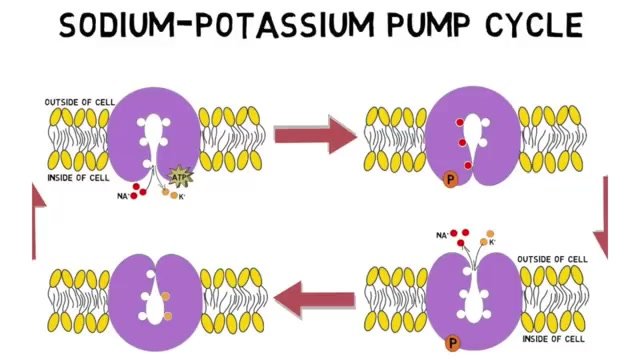
In fact , 30% of all the energy that you have in your body is allocated to this 1 little pump .
And because this pump allows 2 potassium in and 3 sodium out , and that difference creates a voltage .
If we’re talking about the muscle , we’re talking about 90 millivolts .
In a nerve , it’s about 70 millivolts .
In the skin it’s about 50 millivolts .
The volt is just the power of this battery created by the difference between these 2 minerals held apart .
Membrane potential
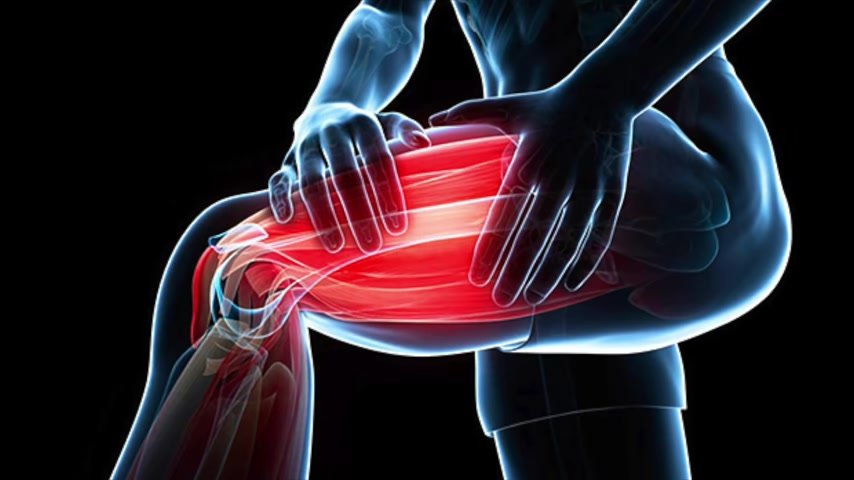
And another term for that is called membrane potential because when it’s at rest , it’s like a battery , but then it gets activated and it starts releasing the this electrical charge that then causes the muscle to contract .
And it creates nerve impulses , and it causes glands to secrete like hormones or even like sweat glands .
The same principle happens in the thunderstorm where you have these clouds that have a positive charge , and the earth is negative .
And when those clouds start building up moisture at a certain humidity , you start generating a tremendous amount of electrostatic energy .
And when that electrical field gets to a certain point , it’ll discharge the energy as a thunderbolt giving off 3 , 000 , 000 volts per meter .
So that’s a tremendous amount of energy that is discharged .
The same thing in the cell .
You have the cell wall .
On the outside you have positive .
The inside you have negative .
You have a very very thin membrane .
It’s like 5 nanometers .
Of course this is a very large distance right here .
This is very very tiny .
But the cell wall or membrane is 2 layers of lipids or fats that keep these 2 minerals apart .
And once the muscle is activated to contract or the nerve is activated to send an impulse , you lose potassium .
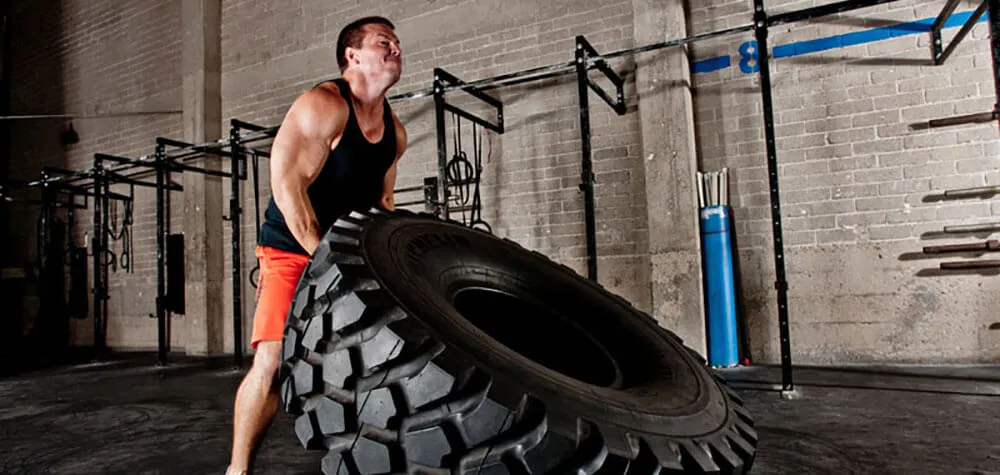
The more exercise you’re doing , the more you’re sweating , the more you’re losing these electrolytes .
If you’re injured or go through a surgery or trauma , you will lose potassium .
When the thyroid works , it’s a gland, you’ll lose more potassium .
And also when you consume more refined sugar , you will also lose potassium as well .
Sodium and potassium
The other question is are we losing as much sodium ? No .
Not necessarily because sodium has a tendency to be retained in the body , but we do lose way more potassium .
And this is why this is a requirement right here .
As far as the sodium requirement , it’s about half what we need as far as potassium .
Fasting and potassium
When you do fasting , your body will have a tendency to retain more potassium just as a survival mechanism .
So that’s 1 of the biggest reasons why we have most of our potassium , 80% , in the muscles .
What happens when potassium becomes low

And then when our potassium becomes low , the muscles become weak . You get tired .
You don’t have the endurance anymore when especially when you exercise , and your muscles start to cramp .
Key Points:
- What’s unique about potassium is that it’s one mineral that we need a tremendous amount of. We need 4,700 mg of potassium. Out of all of the tissues in the body, 80% is needed mainly for your muscles.
- There are billions of little pumps (sodium-potassium pumps) in the body that keep potassium on the inside of the cell and sodium outside of the cell. Any time you have two different minerals that are held apart like that, by a pump and by a membrane, you create a battery. The flow of electrons generates a certain amount of energy that’s stored in the battery. Your cells are mini batteries. Potassium is needed as a raw material to make sure the pump works.
- Because this pump allows two potassium in and three potassium out, that difference creates a voltage. In the muscle, it’s about 90 millivolts compared to the skin, which is about 50 millivolts.
- The voltage is the power of the battery created by the difference of potassium and sodium held apart. Another term for this is called membrane potential. When it’s at rest, it’s like a battery, but when it gets activated, it starts releasing electrical charge that then causes the muscle to contract. It also creates nerve impulses and causes glands to secrete.
- Once the muscle is activated to contract, you lose potassium. The more exercise you do, and the more you sweat, the more you lose electrolytes. If you’re injured, or you go through a surgery or trauma, you will lose potassium. When the thyroid works, you’ll lose potassium. Consuming sugar will also cause you to lose potassium.
- Sodium can be retained in the body, but we typically lose much more potassium. When you do fasting, your body will actually retain more potassium.
What happens when potassium becomes low:
• You can have muscle weakness
• You can become tired
• You can lose endurance
• Your muscles can start to cramp
FAQ:
How does high potassium affect muscles?
High potassium levels (hyperkalemia) can cause muscle weakness, fatigue, and even paralysis. While potassium is essential for muscle function, excessive amounts can disrupt the electrical signals that control muscle contractions.
Why do athletes need more potassium?
Athletes need more potassium because they lose significant amounts through sweat during intense physical activity. Adequate potassium levels help maintain muscle function, prevent cramps, and support quick recovery after exercise.
Why do you need so much potassium?
The body requires a substantial amount of potassium to maintain fluid balance, support muscle and nerve function, regulate heartbeat, and control blood pressure. Adequate potassium intake is essential for overall health and preventing deficiencies.
High potassium and muscles
High potassium levels can lead to muscle weakness and paralysis if excessively elevated. It’s important to maintain balanced potassium levels for optimal muscle function and to avoid adverse effects.
What does high potassium do for the body?
High potassium levels help lower blood pressure, reduce the risk of stroke, and decrease the likelihood of kidney stones. However, extremely high levels can be harmful and cause heart and muscle problems.
What are 5 benefits of potassium?
- Regulates Fluid Balance: Maintains proper hydration and electrolyte balance.
- Supports Muscle Function: Prevents cramps and supports muscle contractions.
- Maintains Heart Health: Regulates heart rhythm and blood pressure.
- Promotes Bone Health: Reduces calcium loss, supporting strong bones.
- Enhances Nervous System: Facilitates nerve signal transmission.
High potassium and muscle cramps
Balanced potassium levels help prevent muscle cramps. However, too much potassium can lead to muscle weakness rather than cramps.
What does potassium do for the heart?
Potassium helps maintain regular heartbeats, regulates blood pressure, and balances the effects of sodium, reducing the risk of cardiovascular diseases.
Role of sodium and potassium in muscle contraction
Sodium and potassium work together to generate electrical impulses that cause muscle contractions. Sodium enters cells, triggering an action potential, while potassium exits the cells, restoring the resting state and preparing for the next contraction.
Role of potassium in muscle contraction
Potassium is essential for the repolarization phase of muscle contraction. After sodium influx initiates a contraction, potassium exits the cells, allowing muscles to return to their resting state and prepare for the next contraction.
How much potassium does a woman need daily?
The recommended daily intake of potassium for an adult woman is around 2,500-2,900 mg, depending on age, health status, and activity level.

